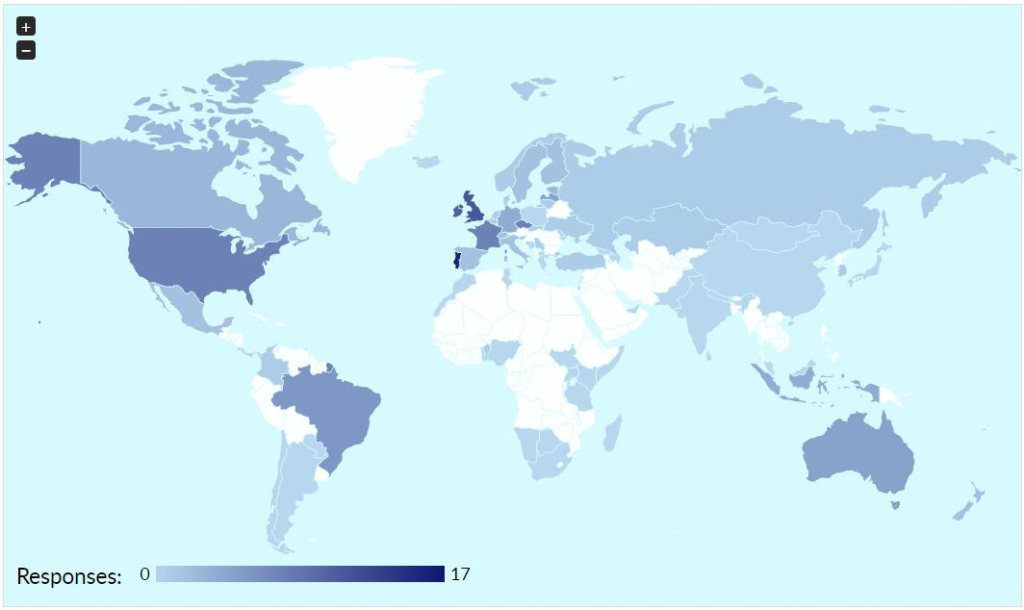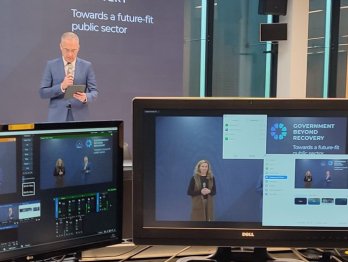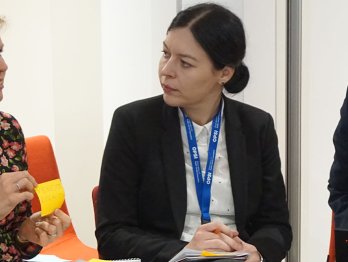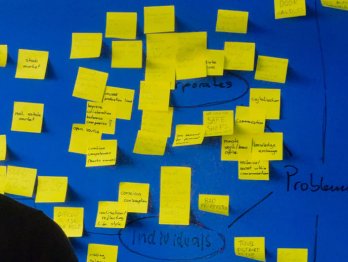COVID-19: Innovative responses update #3

This is our third update about innovative responses (including public sector innovation, digital government or open government) being undertaken around the world. Thank you again to all who have contributed in answer to our call and to those who we are working with in partnership (including the Centre for Public Impact and GovInsider) to collect innovative practices in the hope that teams around the world can learn from each other and take inspiration from the information we have collected together. Since our last update we have had over 35 more examples and initiatives added, helping deepen our knowledge and understanding of how the public sector and its partners are responding to one of the most significant crises of recent times.
What can we observe from the additions made in the last week?
- Open calls, hackathons and challenges: There was a hackathon in Türkiye (Coronathon Türkiye), and a number of funding rounds launched for innovation including one from the German Research Foundation for interdisciplinary research into epidemics and pandemics, one from the French Defense Innovation Agency for deployable innovative solutions, one from the Israel Innovation Authority to support companies with products that address the challenges of the coronavirus pandemic, and a funding programme from the Czech Ministry of Trade and Industry for SMEs with innovative solutions to the crisis
- Service delivery in a crisis/adjusting to context: There have been a range of initiatives to adjust to a different operating context, including in Malaysia where the courts can hold trials through video conferencing; in Kazakhstan the government has used SMS to update citizens about their social assistance so as to avoid having to visit shopfronts; in Estonia a change was made to facilitate the taking of sick leave in order to reduce demand on doctors; in Australia the Therapeutic Goods Administration changed regulations to aid the supply of diagnostic test kits and expedited their assessment process; in the Netherlands financial support has been offered to agricultural and horticultural SMEs whose business has been affected by the crisis; in Russia the Ministry of Education and Science has created a ‘Situation Centre’ to support universities in their transition to distance learning; and in the Czech Republic the Ministry of Education, Youth and Sports partnered with Czech Television to deliver live education teaching blocks led by skilled educators
- Improving communications/providing targeted information: There are a range of relevant initiatives that have taken place in order to help convey targeted information or improve communication about the virus and the crisis. These include the City of Austin’s introduction of a chatbot; in France an algorithm has been used to help people in the assessment of their symptoms; in the Indonesian city of Yogyakarta a tool was developed by tech-savvy Indonesian volunteers to show citizens about the number of cases near them and in the Indonesia province of West Java has introduced an open source app that combines a self-assessment algorithm for symptoms and provides users with a QR code invitation to take to the nearest hospital for testing; and in the UK a group of designers have created visual guides to help stop the spread of the virus
- Infection control or tracking measures: There are two relevant interventions in Indonesia, including a dashboard in East Java to display the spread of the virus and a platform to aid reporting of cases and potential infection issues. There is also a tracing app being used in the Czech Republic to help identify people who may have been exposed while also ensuring privacy concerns are respected
- Leveraging and redeploying existing resources and solutions: In Germany a platform has been created by students to help match health care workers and medical facilities that might need help; in France a platform was developed to match farmers with people who might be available to assist with farm work given the disruption to normal farm labour; in Brazil the Ministry of Science, Technology, Innovations and Telecommunications has launched a tool to help identify innovative technologies that can be applied to the crisis; and in the Czech Republic the Ministry of Industry and Trade has worked with the Ministry of Health and industry to develop a platform to match private sector suppliers with areas of government with new needs because of the crisis
- Social solidarity and ‘caremongering’: There have been a range of initiatives to match volunteers with opportunities, including a couple from France at the national level and at the regional level, and to help people and businesses adjust to a life that has suddenly become much more ‘digital’, including a government site in France and a volunteer site in Switzerland assisting SMEs in building digital channels. There has also been a number of platforms to assist businesses by allowing people to buy vouchers for services that they can access in the future, including in the Czech Republic, Slovakia, New Zealand and the US
- Collective learning and sense-making: Some cases illustrate some different forms of collective learning from the crisis. One example of this is the Brazilian Ministry of Science, Technology, Innovation and Communications of Brazil (MCTIC) establishing the “Virus-MCTIC Network” with science and technology institutes, universities, agencies and laboratories to work together in the development of diagnostics, treatments, vaccines and production of knowledge about the virus. Another is a Kansas effort to establish a rapid feedback loop for citizens to share their experiences with COVID-19 and the impact it has on their families. And a third is an initiative in France, the ‘Territorial Creative Responses‘ to support learning across different jurisdictions about differing contextual responses.
OPSI COVID-19 Innovative Response Tracker v2.0
While the Google Form and Google Sheet have served us well in the initial weeks of collecting innovative responses to COVID-19, we have been working to develop a more integrated solution that is more user friendly and allows users to more easily visualise global activity and to better sort and filter through responses. In addition, users can post comments to specific initiatives, and OPSI will seek to flag these comments to the individuals who submitted details on the innovative response. You can view the new OPSI COVID-19 Innovative Response Tracker here. This new platform also has the ability to upload relevant images and files that can help others more fully understand the actions that have been taken by others.

If you know of other examples, we want to hear from you
We need your help in continuing to add innovative initiatives to the coronavirus crisis and disseminating the call. This not only helps us to gather data to inform our research and support of governments, but it helps others to share ideas and replicable solutions with others around the world. All our work on this topic will feed into the broader work of the OECD in compiling data, information, analysis and recommendations regarding the health, economic, financial and societal challenges posed by the impact of Coronavirus (COVID-19). Please visit the dedicated page for a full suite of coronavirus-related information.









